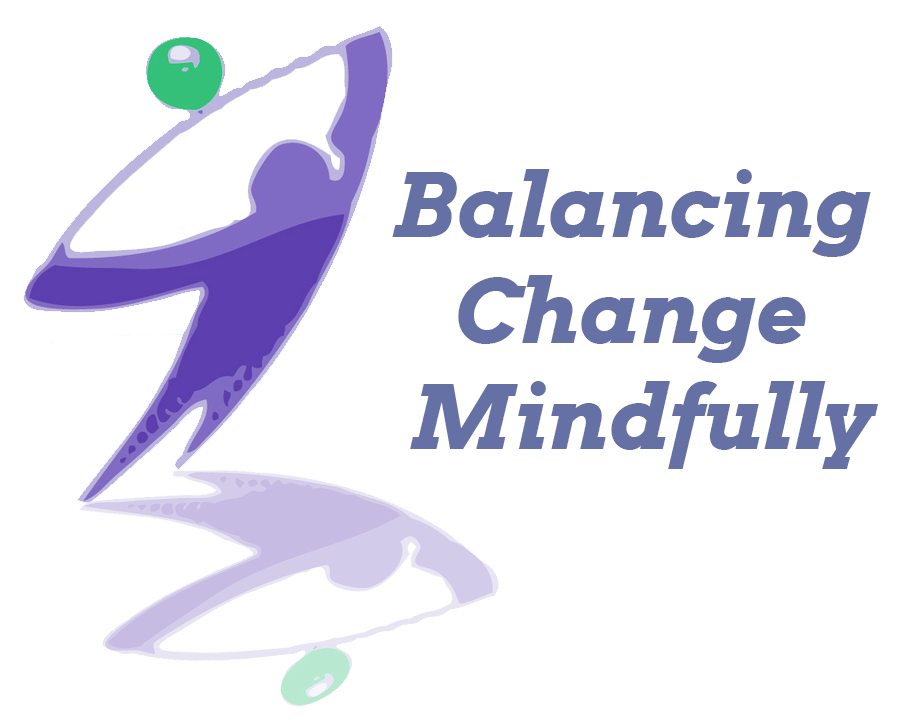
Environmental Wellness, what is it??
Wellness and our environment go hand in hand. Often times, environmental wellness is identified as living a life that is respectful and harmonious with the environment, usually referring to Mother Nature. However, the type of environmental wellness that I am referring to is the one that pertains to our emotional wellness and how it is affected by the environment.
Right now, we are facing a heightened sense of threat as well as deep worries about our future, both economically and physically. All of which can take a real toll on your mental well-being. As you look for ways to alleviate the anxiety, what if we took a look outdoors. Can nature lift our spirits?
Though less documented, a plethora of studies have demonstrated the positive effects of the natural world on our mental health.
The Perfect Time To Re-Focus On Our Natural Surroundings.
With our current crisis, and most of us no longer see ourselves as invincible as we did before Covid-19 came to our shores. We have switched into survival mode.
Now, with the growing numbers of people unable to work, or who are now working from home, many of us have become interested to explore the surrounding landscapes in their neighborhoods as they are refocusing on their current surroundings. Google trends also show an increased interest in gardening, which indicates an increase of 50% to worldwide searches for compost and seed, compared to just a year ago. When we immerse ourselves in the natural world, we feel more intense emotions as well. Even a quick 10 minutes of time spent outside in the sun, or feeling the wind brush across your face, can lower your stress. When we connect with nature, we feel happier and more energized, and can make our tasks seem more manageable.
And, believe it or not, nature-based activities, such as gardening and farming, have been used as part of mental health treatments around the world for centuries.
What Makes Nature So Effective??
Part of nature’s power lies in its ability to wash away whatever is provoking a lot of our stress. Watching the slow movements of a bumblebee as it moves form flower to flower, or the ripples of water as little fishes scatter back and forth, are soothing to our minds as they place no demands on our memory, but instead distract us from spiraling into thoughts of failure and self-blame.
Tending to plants can help us to recognize and appreciate our power to nurture and can give us a sense of achievement as the plant flourishes, which can be extremely important to those who struggle with their mental health.
Here are some simple things you can do to incorporate nature into your everyday well-being:
- Take a walk first thing in the morning, or right before sunset
- Open a window, to catch the sounds and scents of the rain.
- Pick a tree in your neighborhood and pay it regular visits. Make sure to take time to notice its leaves, the birds it calls home, etc.
- Grow plants from seeds that you take from a piece of fruit if you cannot get packets.
- Bring nature into your home, houseplants, hanging branches or twigs on your walls, a pile of water-rounded stones in a vase or windowsill.
- Go barefoot in your backyard. Let the grass squish between your toes, as you soak up the sun.
- Go for a bike ride.
Despite the need for social distancing, there are plenty of ways to still get out into nature while maintaining safety.
